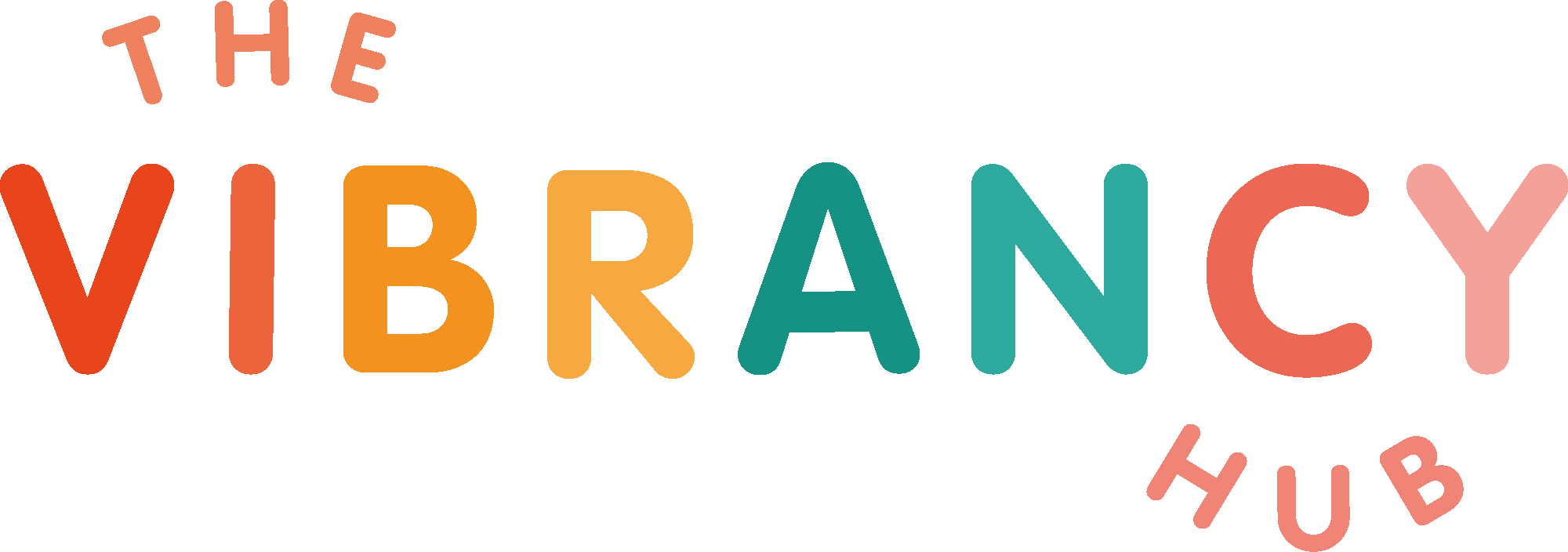Busting the myth ‘Working Harder = More Success.’
In 2019 burn-out was officially recognised as an ‘occupational phenomenon’ by the World Health Organisation (WHO) . It’s a work thing! And it’s pretty scary how many of us have either experienced or witnessed it in action. As organisations and leaders, we have a responsibility to support our employees to not only avoid burnout, but to steer well clear of it. The road to career success is often associated with ‘working harder’ - whether that’s number of hours (timesheets, we blame you), doing whatever it is we’re told without pushing back, or compromising on what our gut and instinct is telling us. And for what result? The WHO characterises burn-out through:
feelings of energy depletion or exhaustion;
increased mental distance from one’s job, or feelings of negativism or cynicism related to one's job; and
reduced professional efficacy.
Over-worked, over-tired, stressed out employees either leave a business because THEY HATE IT, or as above aren’t as impactful as they could be. Everyone loses.
As we navigate the new post-pandemic world of work, burnout is a topic at the forefront of the wellbeing space.
In the last week alone, we’ve seen several high profile thought leaders sharing their thoughts on this topic on LinkedIn:
Simon Sinek, thought leader and best selling author on all things leadership and culture posted an interesting video on burnout helping leaders to identify how they are supporting their teams to navigate this.
And Katy Leeson, MD of Social Chain posted about this exact topic:
‘Working harder’ to get ahead is outdated as a concept, and as a business supporting this shift for your colleagues is becoming an essential part of any wellbeing strategy.
So how do we tackle this myth? We suggest 3 ways to help bust this idea along with resources to support you in thinking about yourself as a leader.
By Working Smarter
An ever evolving proof of concept as we see more and more businesses adopting a 4 day working week. Your business might not be quite ready for this step - but how are you actively promoting smart working rather than hard working? This realm can encompass wide ranging topics such as focus, productivity, planning - think about what can make a difference in your organisation. If you’re an individual trying to work smarter for your own development, there’s a plethora of books out there on the topic - our faves are add the Tim ferris book and podcast as per email copy.
Being crystal clear on what is important - values.
Keeping a focus on ‘the important stuff’ is really key to helping employees feel like they are creating success (and thus avoiding negative feelings of not doing enough / must work harder.) We suggest working on values here - both company and personal, aligning the two, and linking to objectives to ensure ‘crystal clear’ focus and alignment for teams. We work with businesses who feed in their wider values and objectives into our wellbeing workshops - if this sounds like it can be of value, get in touch! If you’re not clear on your own personal values - a great exercise is to get some post it notes, and take some time to think about what is most important to you in your life. From this, allowing your thoughts to wander should create connections and themes which you can link back to values and this creating 4-5 personal key values. This core values list from Positive Psychology should help.
Creating boundaries.
One of the most consistently discussed topics with our coaching clients and a real working life / personal life cross-over - how to create and maintain boundaries that work for you. Everyone has different boundaries and also these usually evolve and change over time with circumstance. The key is not only creating boundaries but communicating them to others - people can’t respect your boundaries if they don’t know what they are! As leaders, a really positive step for your teams can be to be visible with your own boundaries so that your team feel the psychological safety to share theirs. This nods back to Simon Sinek’s post above around leading with authenticity with relation to burnout - and the same can be applied here. Example: Communicating to your team ‘I leave at X time on Wednesdays to take my children to swimming after school’ rather than - I avoid meetings after 3pm on Wednesdays and reply to emails when I can poolside whilst everyone in the office is none the wiser. Your boundary and intention is clear and therefore giving permission to others to do the same.
Kendra Esteva, Head of Thriving Cultures at TVH!
TIP: to help shift these myths for your organisation in the long run, book a free 30 minute discovery call to let us help you along this journey.


